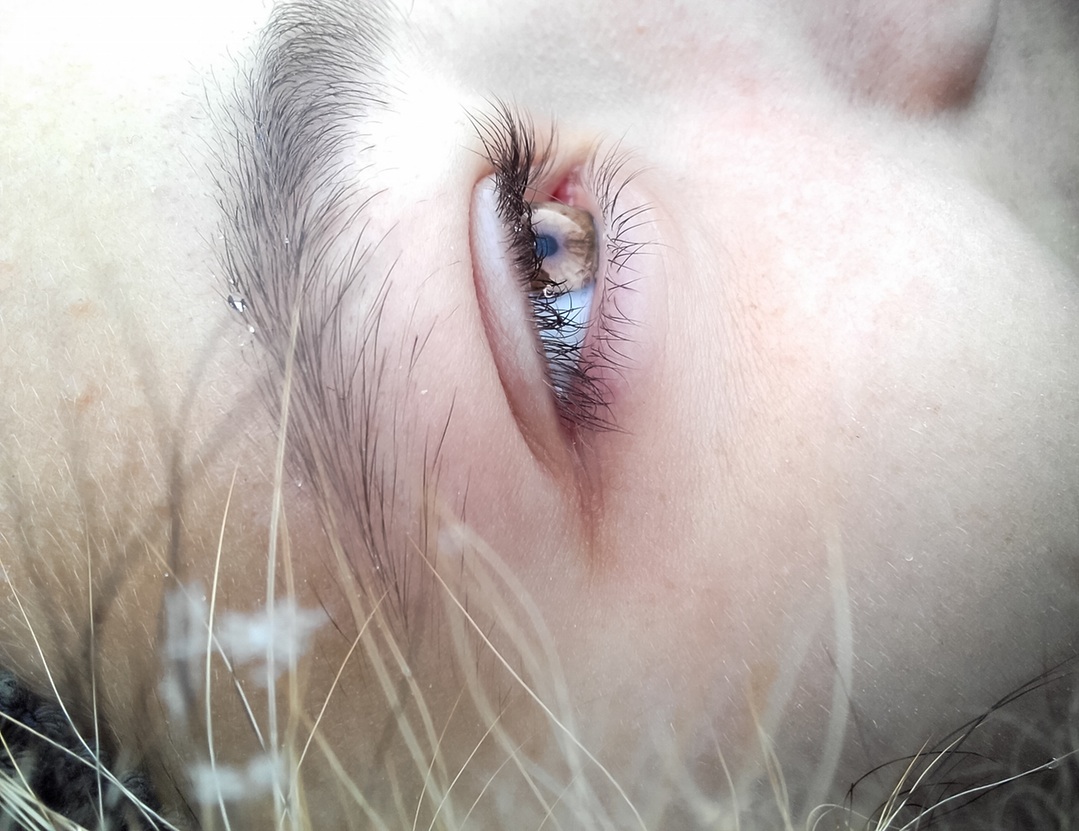Contact lens is inevitably a boon for people with vision defect. To improve their vision and for the sake of fashionable appearance, more and more number of people prefer wearing contact lenses rather than traditional spectacles.
Especially when you’re on vacation, contact lenses are very practical. As these are invisible, you do not have to remove them while sporting or enjoying your night trips.
However, remember that your contact lenses can ruin your vacation if you do not take precautions. Here are some simple steps you can take to prevent this from happening to you. Check them out before backpacking your contact lenses for your vacation.
- Make sure you have a pair of replacement lenses and sunglasses
Even if the lenses you wear are not frequent replacement lenses, it is always advisable to purchase replacement parts while traveling with contact lenses. A lens may be lost or damaged and replacements may be difficult to find. If you wear disposable lenses, take the amount of lens you need for your vacation and many more, just in case.
Most modern contact lenses, like all Focus lenses block hurtful UV rays. However, only the lens can protect the covered area, which does not represent the entire surface of your eyes. In addition, contact lenses do not reduce glare. It is, therefore, safer to wear sunglasses with high UV protection on your lenses and a sun hat.
- Take good care and carry your lens case, solution and cleaner
Most branded solutions can be purchased in smaller bottles, which is great for travel. You can also get a case that clips on a bottle of a solution so that the parts do not separate in your luggage. It is also a best option for you to carry an ultrasonic contact lens cleaner machine to make sure that you clean your lenses safely without getting them damaged.
If you are tired after a day of sightseeing, it may be tempting to fall asleep while carrying your contacts. This is not a good idea – unless you wear long-wearing lenses, of course. No matter how tired and relaxed you feel, take out your contact lenses for the night.
If you do not want to take care of your contacts during the holidays, ask your doctor if long-wearing contacts are right for you. Lenses like Acuvue can be worn without withdrawal for up to 7 days and Focus Night and Day for up to 30 days; they are perfect for the holidays.
- Do not leave the water in your eyes when you swim
Contact lenses are ideal for swimming and all water sports, but it is best to prevent their contact with water. However, water contains a myriad of bacteria that can enter your lens and cause keratitis.
It is, therefore, best to wear goggles to swim. In any case, if seawater comes in contact with your eyes, you should remove your lenses as soon as possible and clean them before putting them back in place.
- Avoid contacts and wear glasses on long flights
During long flights, most contact lens wearers feel depressed. Indeed, in an airplane, atmospheric pressure and humidity are low. As a result, your soft contact lenses dehydrate and absorb moisture from your eyes.
Many people also nap during a flight, and sleeping in contacts is not recommended. If you can wear glasses as well as lenses, it’s a good idea to do it on the plane. If glasses are not an option, use special eye drops and be sure to drink plenty of water during your flight.
- Be careful with insect repellents and sunscreens creams
Be very careful not to put sunscreen or insect repellent in your eyes. If this comes in contact with your eyes, it can cause severe irritation. If this happens, take out your lenses and clean them well.
Keep these 5 simple rules in mind when traveling with contact lenses. We are sure that your contacts should not be a problem to prevent you from enjoying your vacation if you follow them out!
















